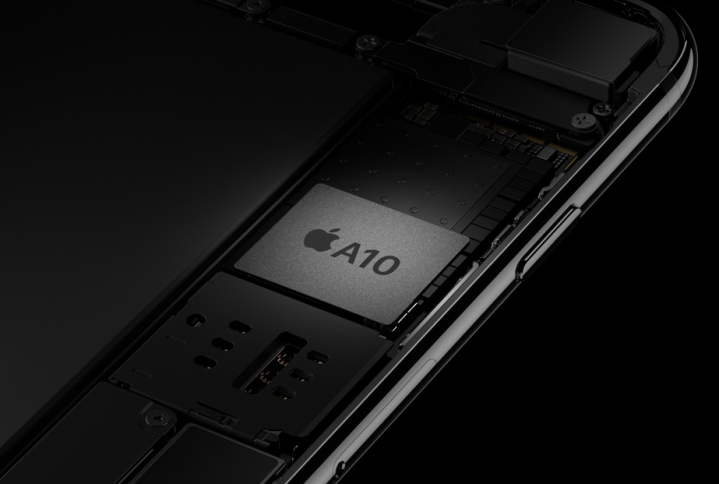
This appraisal comes from John Gruber, who notes that the iPhone 7 pretty much leaves every other smartphone in the dust when it comes to performance, achieving a single-core score of 3,450 on Geekbench, which is around twice the score as the second-best device, the Samsung Galaxy S7.
It’s only recently that we have even been able to compare smartphones and computers. Previously, there wasn’t a direct comparison between Geekbench’s scores for desktop and mobile devices, but Geekbench has made a recent effort to bring the two scoring systems in line with each other to make for easier comparison.
Still, there are a few things to keep in mind when it comes to benchmarks. Benchmarks are an indicator of a phone’s performance, but they don’t always line up with real-world results. In fact, manufacturers can sometimes optimize how a phone runs to achieve higher benchmark scores while leaving real-life performance behind.
The other thing to remember is that Geekbench measures things like CPU speed, but the amount of RAM and SSD speed will help make the MacBook perform a lot faster.
Still, that doesn’t take away from the fact that the iPhone 7 is really the most powerful smartphone ever, and whether the iPhone 7 is more powerful than MacBooks or not, it’s still impressive. Other smartphone manufacturers will likely be playing catch up for at least the next few months or so. It will be interesting to see how Android handsets stack up against the iPhone 7 once the Qualcomm Snapdragon 821 starts shipping on devices.



